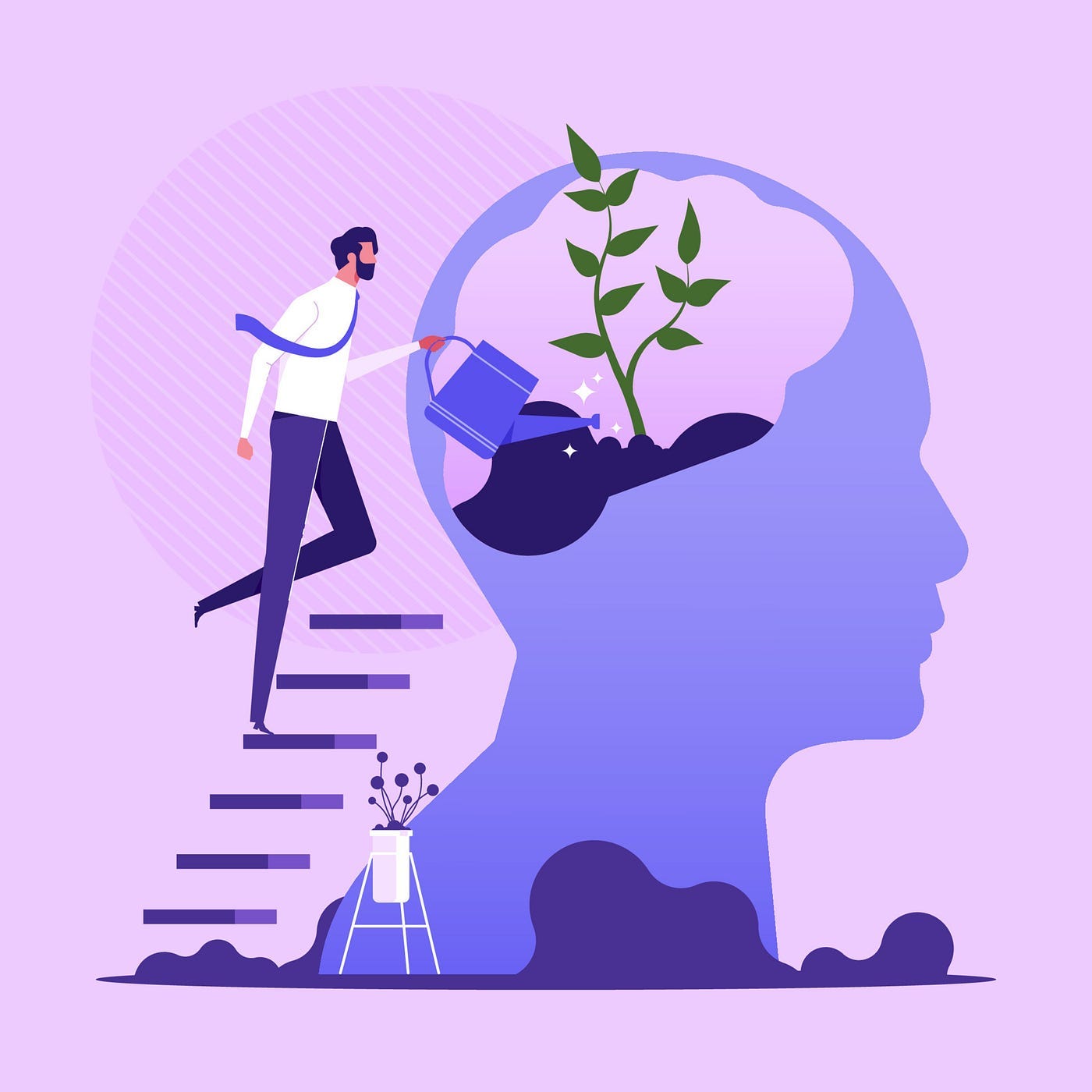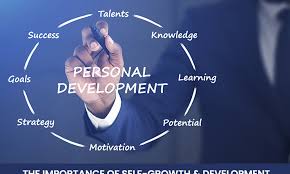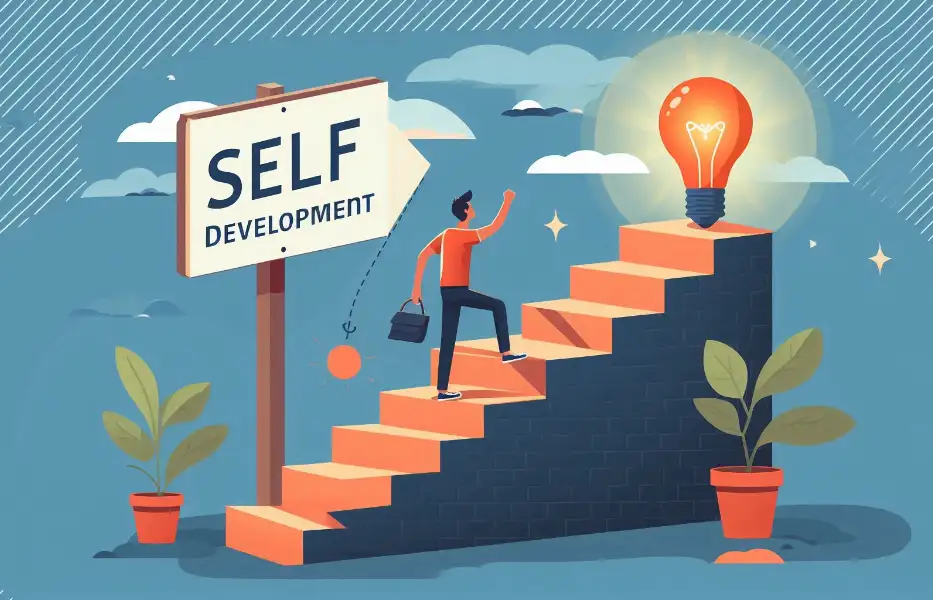Advanced Techniques in General Skills and Self-Improvement
Elevating your personal development journey with sophisticated approaches and evidence-based methodologies
Beyond the Fundamentals: Advancing to Mastery
While foundational approaches to self-improvement and skill development provide an essential starting point, advancing to higher levels of performance requires more sophisticated methodologies. This article explores cutting-edge techniques that transcend basic practices, allowing for breakthrough progress in personal and professional development.
The Evolution of Skill Development
- Basic understanding of concepts
- Following structured protocols
- Heavy reliance on guidance
- Conscious application of rules
- Contextual application
- Pattern recognition
- Independent practice
- Emerging automaticity
- Intuitive understanding
- Innovative application
- Teaching and mentoring others
- Creating new methodologies
This article focuses specifically on techniques and methodologies that facilitate the transition from intermediate to advanced stages of skill development and self-improvement. These approaches are particularly valuable for individuals who have already established solid foundations and are seeking to break through performance plateaus.
"Mastery is not a function of genius or talent. It is a function of time and intense focus applied to a particular field of knowledge." — Robert Greene
Advanced Cognitive Frameworks
At the advanced level of skill development, refining your cognitive frameworks—the mental models through which you process information and make decisions—becomes increasingly important. These sophisticated mental tools enable you to transcend conventional thinking and approach challenges with exceptional clarity and insight.
Systems Thinking
Moving beyond linear cause-and-effect analysis, systems thinking allows you to understand complex networks of interdependent variables. This advanced cognitive framework is essential for addressing multifaceted challenges in both personal development and organizational contexts.
Application Technique:
Map second and third-order consequences of decisions using causal loop diagrams. Identify leverage points—places in the system where small changes can produce significant outcomes.
Mental Models Integration
Rather than relying on a single framework, advanced practitioners develop a repertoire of mental models from diverse disciplines—economics, psychology, biology, physics—and apply them in combination to gain multidimensional insights.
Application Technique:
Build a personal "latticework of mental models" by studying one new model monthly. Deliberately practice cross-disciplinary analysis by examining problems through multiple frameworks simultaneously.
Advanced Decision-Making Frameworks
| Framework | Key Elements | Best Application |
|---|---|---|
| Bayesian Thinking | Systematic updating of probability estimates based on new evidence | Complex decisions with uncertain outcomes and evolving information |
| Inversion Principle | Solving problems by considering what would cause failure and avoiding it | High-stakes decisions where preventing negative outcomes is crucial |
| Second-Order Thinking | Considering not just immediate outcomes but consequences of those consequences | Strategic planning and long-term personal development decisions |
At Al Mithaq Institute, our advanced courses in Decision Making Psychology and Strategic Thinking provide structured environments for developing these sophisticated cognitive frameworks under expert guidance.
Meta-Learning: The Master Skill
Meta-learning—learning how to learn effectively—is perhaps the most valuable advanced skill in the modern era of rapid change and expanding knowledge. Advanced meta-learning techniques dramatically accelerate skill acquisition and adaptation to new domains.
The Ultralearning Approach
Developed by Scott Young, ultralearning combines intensity, directness, and strategic methodology to master complex skills in record time. This approach transcends traditional learning by creating immersive, focused skill development experiences.
Map the skill landscape before beginning to identify the most critical components and optimal learning sequence
Eliminate excessive preparation and intermediaries; engage directly with the target skill in authentic contexts
Rather than passive review, actively recall information and apply concepts from memory to strengthen neural pathways
Advanced Knowledge Integration Techniques
Beyond basic note-taking and review, these sophisticated methods create robust knowledge architectures in your mind:
Progressive Summarization
A multi-layered approach to distilling information through successive rounds of highlighting and abstracting key insights, creating a knowledge hierarchy within your notes.
Layer 2: Bold key points
Layer 3: Highlight within those points
Layer 4: Create executive summary
Layer 5: Remix into original content
Conceptual Chunking
Organize information into meaningful, interconnected clusters that expand your working memory capacity and facilitate rapid retrieval of complex information.
Map relationships between concepts
Create hierarchical structures
Practice recalling entire chunks
Connect chunks across domains
Our Advanced Learning Techniques workshop at Al Mithaq Institute provides hands-on training in these meta-learning methodologies, customized to your particular learning objectives and cognitive preferences.
Advanced Deliberate Practice Methodologies
While basic deliberate practice—focused, systematic training with feedback—is well known, advanced practitioners employ sophisticated variations that accelerate skill development and break through performance plateaus.
The Mikado Method
Adapted from software development, this approach decomposes complex skills into their smallest independent components, masters each in isolation, then strategically reintegrates them. This technique is particularly valuable for advanced skill development when progress has stalled.
- 1 Identify the precise skill plateau you've reached
- 2 Create a dependency graph of sub-skills that contribute to the main skill
- 3 Identify the most fundamental sub-skill that needs improvement
- 4 Practice that sub-skill in isolation until mastered
- 5 Reintegrate and test the improved sub-skill in the context of the larger skill
- 6 Repeat with the next sub-skill until breakthrough is achieved
Variable Practice Scheduling
Unlike basic spaced repetition, advanced practitioners manipulate practice variables strategically to enhance skill transfer and adaptability:
- Interleaving multiple related skills within practice sessions
- Deliberately varying practice conditions and contexts
- Introducing calculated interference to strengthen retrieval pathways
- Progressive constraint removal to build adaptive expertise
Expertise-Reversal Effect Management
What works for beginners often impedes advanced learners. Advanced practitioners strategically modify learning approaches as expertise increases:
- Reducing external guidance as skill develops
- Transitioning from worked examples to problem-solving
- Replacing explicit instruction with discovery learning
- Shifting from component focus to integrated performance
Cognitive Load Optimization
Advanced practitioners deliberately manipulate cognitive load to maximize learning efficiency:
| Technique | Methodology | Cognitive Effect |
|---|---|---|
| Pre-training | Master key components before attempting integrated tasks | Reduces intrinsic cognitive load during complex skill execution |
| Dual-modality Presentation | Present visual and auditory information simultaneously | Leverages separate processing channels to expand working memory |
| Progressive Difficulty | Systematically increase challenge as skill develops | Maintains optimal cognitive load in the learning zone |
| Mental Simulation | Imagine skill execution with varied parameters | Builds neural pathways without physical practice constraints |
Al Mithaq Institute's Advanced Performance Psychology program provides personalized guidance in applying these sophisticated practice methodologies to your specific skill development goals.
Neurocognitive Enhancement Strategies
Advanced self-improvement includes evidence-based approaches to optimize the biological foundation of skill acquisition—your brain's structure and function. These strategies create the optimal neurological conditions for exceptional performance and learning.
The Neuroplasticity Framework
Push beyond current capabilities to trigger BDNF production and neural adaptation
Elevate focus, emotional engagement, and practice concentration
Introduce unexpected variations to prevent neural accommodation
Optimize sleep, nutrition, and recovery for neural integration
Advanced practitioners deliberately engage these neuroplasticity triggers in their skill development regimen, creating conditions for optimal brain adaptation.
Advanced Implementation Example:
Flow State Engineering
Beyond basic "getting in the zone," advanced practitioners deliberately design conditions to induce and sustain flow states—the optimal psychological state for skill development and peak performance characterized by complete absorption, effortless attention, and intrinsic reward.
Clear goals with immediate feedback: Structure tasks with unambiguous objectives and rapid performance indicators
Challenge-skill balance: Calibrate difficulty to 4% beyond current capability—challenging but achievable
Eliminate distractions: Create environmental and digital boundaries to preserve attentional resources
Cognitive Enhancement Protocols
Advanced practitioners implement evidence-based protocols to optimize cognitive function for skill acquisition and performance:
Precision Nutrition: Strategic timing of glucose, protein, and micronutrients to support cognitive processes
Sleep Architecture Optimization: Techniques to enhance slow-wave and REM sleep for memory consolidation
Stress Regulation: Precision control of hormetic (beneficial) stress while minimizing distress
Our Advanced Cognitive Performance program at Al Mithaq Institute integrates cutting-edge neuroscience with practical techniques to optimize your brain's capabilities for exceptional learning and performance.
Psychological Capital Development
Advanced self-improvement includes sophisticated approaches to developing psychological capital—the mental resources that enable exceptional resilience, adaptability, and performance under challenging conditions.
The HERO Model
Advanced psychological capital development focuses on four interconnected mental resources:
Beyond optimism, hope involves sophisticated goal setting and pathway development.
Calibrated confidence in abilities based on mastery experiences and modeling.
Capacity to adapt, recover and grow from adversity or significant challenges.
Realistic positive expectancy combined with effective explanatory styles.
Advanced Self-Regulation Strategies
Beyond basic willpower and habit formation, these sophisticated approaches enable exceptional control over attention, emotion, and behavior:
| Strategy | Implementation | Psychological Mechanism |
|---|---|---|
| Implementation Intentions | Create detailed if-then plans for specific situations: "If situation X arises, I will do Y" | Creates automated behavioral triggers, bypassing deliberation when willpower is depleted |
| Temptation Bundling | Pair high-value activities with immediate rewards: exercise while watching favorite shows | Leverages immediate gratification to support delayed gratification activities |
| Cognitive Reappraisal | Systematically reinterpret situations to alter emotional response and behavior | Modifies emotional processing at the appraisal stage before full emotional activation |
Al Mithaq Institute's Advanced Emotional Intelligence and Mental Resilience programs provide comprehensive frameworks for developing these sophisticated psychological resources.







